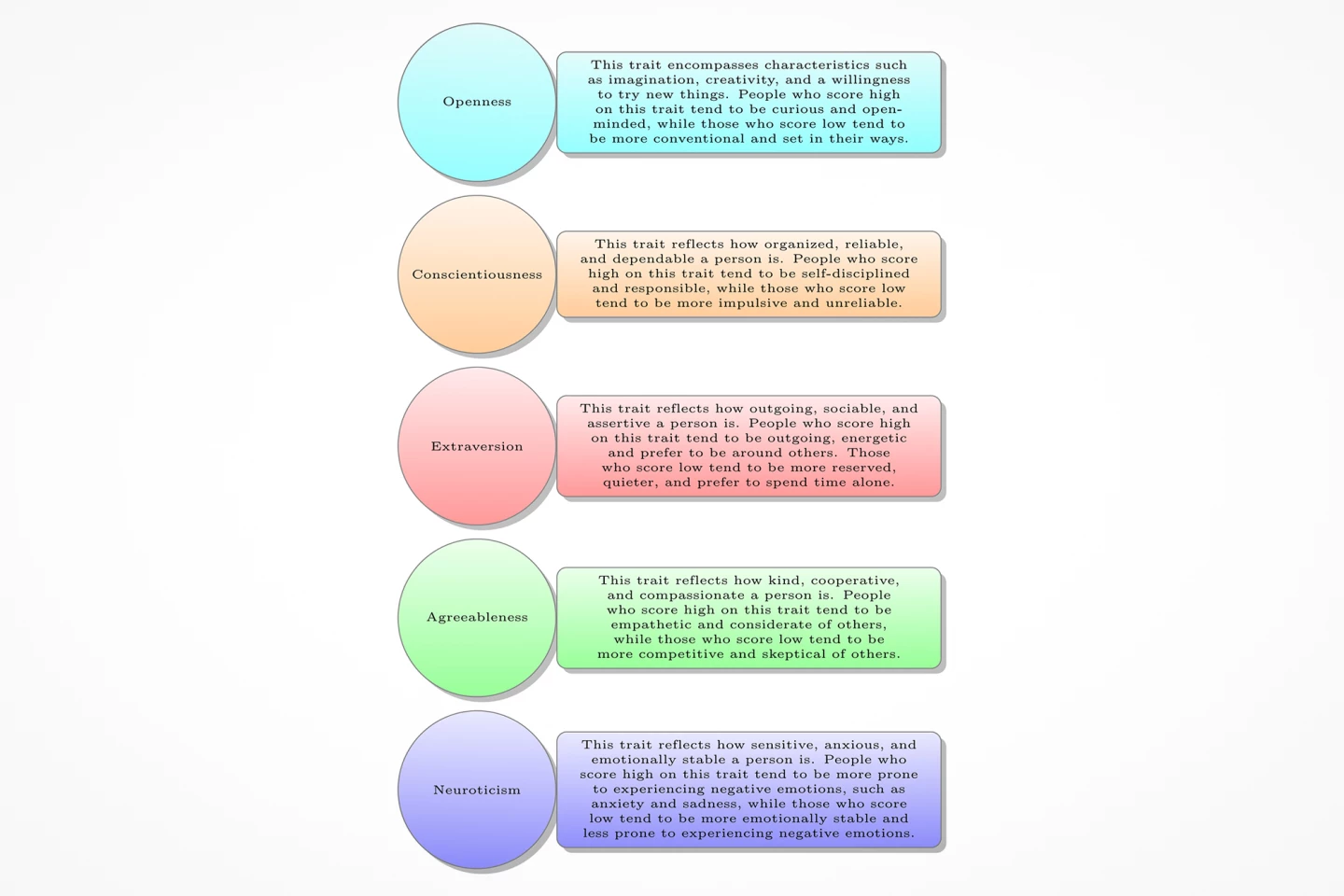Choosing a type of exercise that matches your personality might mean you’re happier working out and achieve better results, according to a new study. The research highlights the benefits of a “psychologically personalized” approach to fitness.
We are all aware by now that exercise is good for our physical and mental health, and that we should be doing a certain amount of physical activity each day. But let’s face it, sometimes getting and staying motivated to exercise can be a challenge.
New research by University College London (UCL) has looked at whether someone’s personality can predict how much they enjoy a particular type of exercise and, therefore, how likely they are to engage in it.
“We have found that personality can influence how we engage with exercise, and particularly which forms of exercise we enjoy the most,” said lead author Flaminia Ronca, PhD, an associate professor and researcher at the University’s Institute of Sport, Exercise and Health (ISEH).
The researchers set out to answer a straightforward but important question: Can your personality predict how fit you are, how much you enjoy different types of exercise, and how much stress relief you get from working out? They focused on the Big Five personality traits – extraversion, neuroticism, conscientiousness, agreeableness, and openness to experience – and how these relate to fitness outcomes and experiences during an eight-week home-based cycling and strength training program.
They recruited 132 people from the general public, 86 of whom completed the full study. Participants were randomly assigned to either an exercise intervention group or a control group that did light stretching. The intervention group followed a home-based weekly plan that included three cycling workouts of varying intensities and one strength session. Fitness, personality, stress levels, and exercise enjoyment were measured throughout the study. Participants used heart rate monitors and smartphone apps to log data.
Personality was shown to predict fitness and behavior. Extraverts were linked to higher aerobic fitness, more powerful cycling performance, and greater enjoyment of intense workouts such as high-intensity interval training (HIIT). Conscientiousness predicted greater weekly physical activity, better strength performance, and lower body fat. Meanwhile, neuroticism was associated with worse heart rate recovery, lower enjoyment of sustained or observed workouts, and less consistent self-monitoring (e.g., skipping heart rate logging).

The researchers found that exercise enjoyment varies according to personality trait. Extraverts enjoyed high-intensity, challenging workout sessions. Neurotic individuals preferred gentler, home-based sessions and reported less enjoyment when being observed or pushed to maintain intensity. Openness was associated with lower enjoyment of intense workouts; a finding the researchers hadn’t expected. And agreeableness was linked to the enjoyment of gentler exercise, like long, easy rides.
“Our brains are wired in different ways, which drives our behaviors and how we interact with our environment,” Ronca said. “So it’s not surprising that personality would also influence how we respond to different intensities of exercise.”
Stress relief benefits were also personality-dependent. The most stress reduction from exercise was observed in participants who scored high in neuroticism, even though they were least likely to monitor their progress.
“It’s fantastic news, as it highlights that those who benefit the most from a reduction in stress respond very well to exercise,” said Ronca.
The researchers found that improvements in fitness occurred regardless of personality, but personality was found to influence how people experienced and responded to the exercise program. The study highlights the importance of creating tailored exercise programs that support people to get the most out of them.
“Understanding personality factors in designing and recommending physical activity programs is likely to be very important in determining how successful a program is, and whether people will stick with it and become fitter,” said senior author Paul Burgess, a professor at UCL’s Institute of Cognitive Neuroscience.
The study had some limitations. Participants were mostly emotionally stable and health-conscious, so the finding may not be generalizable to everyone. Also, the participants’ motivations for joining the study were not directly assessed, and only the five broad personality traits were used, without examining deeper sub-traits such as “grit” or “anxiety sensitivity”.
Nonetheless, the research supports the idea that a “psychologically personalized” approach to fitness could help inactive populations get moving by making exercise more appealing and mentally beneficial.
“We hope that if people can find physical activities that they enjoy, they will more readily choose to do them,” Burgess said. “After all, we don’t have to nag dogs to go for a walk: being so physically inactive that we start to feel miserable might be a peculiarly human thing to do. In effect, our body punishes us by making us miserable. But for some reason, many of us humans seem poor at picking up on these messages it is sending to our brain.”
The study was published in the journal Frontiers in Psychology.






